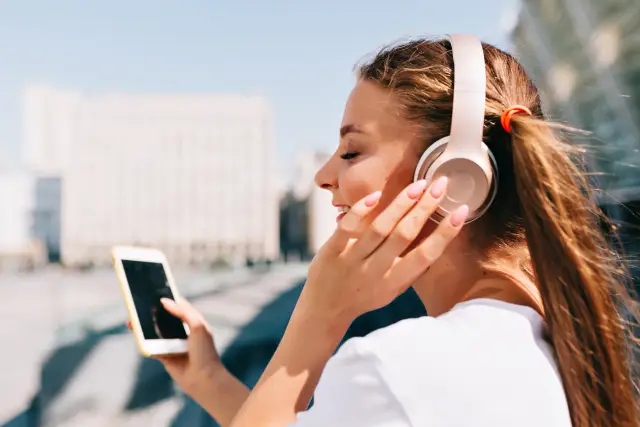Meta Releases Open-Source AI-Powered Music Generator: MusicGen
Meta has introduced MusicGen, an AI-powered music generator that turns text descriptions into short audio clips.

Meta has unveiled an innovative, AI-powered music generator called MusicGen, which can transform a text description into a 12-second audio sample. Unlike Google, Meta has decided to make this powerful tool open-source, broadening its accessibility for developers and artists alike.
A demo of MusicGen can be found here. By providing a textual description (e.g., 'An 80s driving pop song with heavy drums and synth pads in the background'), users can generate an audio snippet in just a few seconds. The generator is also adaptable, allowing for reference audio from an existing song to guide the generated music. In such cases, MusicGen will attempt to adhere to both the description and the reference melody.
According to Meta, the AI generating tool was trained on a staggering 20,000 hours of music, which included 10,000 high-quality licensed music tracks and 390,000 instrument-only tracks sourced from ShutterStock and Pond5, two well-known stock media libraries. Although the company hasn't shared the code used for training, it has released pre-trained models that can be executed on suitable hardware, primarily GPUs with around 16GB of memory.
Generative music technology is undoubtedly advancing, as evidenced by other projects like Riffusion, Dance Diffusion and OpenAI's Jukebox. However, significant ethical and legal concerns remain unaddressed. Such AI tools typically learn from existing music compositions, producing analogous effects. This process has caused discomfort among artists and users of generative AI applications alike.
Home-produced tracks that leverage generative AI to mimic authentic music have been increasingly going viral, prompting music labels to flag these creations as potential copyright infringements. Despite their general success, the legality of deepfake music and its potential violation of artists' and labels' copyrights remains unclear.
Several ongoing lawsuits may soon provide guidance on the use of AI-generated music. These cases could impact music-generating AI tools like MusicGen and address the rights of artists whose work has been used to train AI systems without their consent or knowledge.
Meta asserts that it has not imposed any restrictions on MusicGen's usage and has legally covered all the music it employed for training. This includes legal agreements with rights holders and a partnership with Shutterstock. As the potential of AI-generated music continues to unfold, no-code platforms like AppMaster may explore opportunities to integrate such innovative technologies, further revolutionizing the realm of software development.





